Anthony Albanese suffers political defeat after Clare O’Neil and Andrew Giles fail to push through emergency removal powers for non-citizens
The PM has suffered a major political setback after embattled ministers Clare O’Neil and Andrew Giles failed to rush emergency removal powers for non-citizens through parliament.
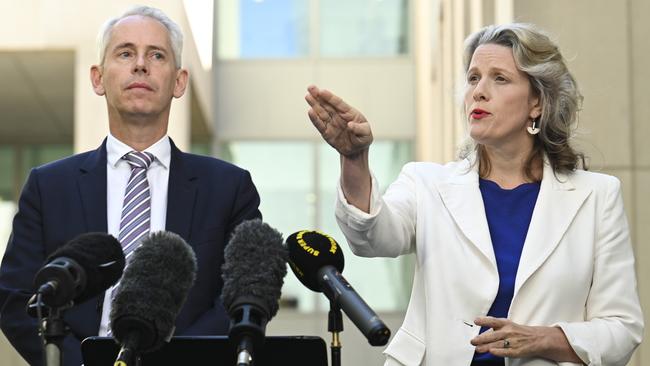
Anthony Albanese has suffered a major political setback after his embattled ministers Clare O’Neil and Andrew Giles failed to rush emergency removal powers for non-citizens through the parliament, leaving the government without a plan B if it loses a looming High Court case that could see more detainees released.
The Prime Minister was being urged to consider recalling parliament – which is not due to sit again until the May 14 budget – if the government could convince the Coalition of the immediate need to pass the legislation, as a new political row erupted and Ms O’Neil was accused by the opposition of “verbally abusing” her departmental secretary and leaving her in tears.
Ms O’Neil, the Home Affairs Minister, repeatedly refused to deny the claims during a chaotic last sitting day before the six-week break and was unable to explain why the migration powers had to pass parliament this week. She was twice forced to walk away from journalists asking questions.
But the Minister finally conceded the legislation – which would hand Immigration Minister Mr Giles the power to force unco-operative non-citizens who have exhausted all their legal options to remain in Australia home, or face a mandatory one year in jail – was linked to a case being brought by an Iranian man before the High Court next month.
The man, known as ASF17, is challenging his detention and pushing to be released into the community, claiming he will be persecuted over his sexuality if he is sent home to Iran.
According to documents filed in court, ASF17 has said he is stateless, undocumented, converted to Christianity and Kurdish, a minority persecuted in Iran.
But he had previously told authorities that he was an Iranian citizen and left the country for economic reasons, and government officials found an Iranian driver’s licence among his possessions. Government officials said in court documents that his family own property in Iran – only citizens can legally do that – and they do not believe his conversion to Christianity is legitimate.
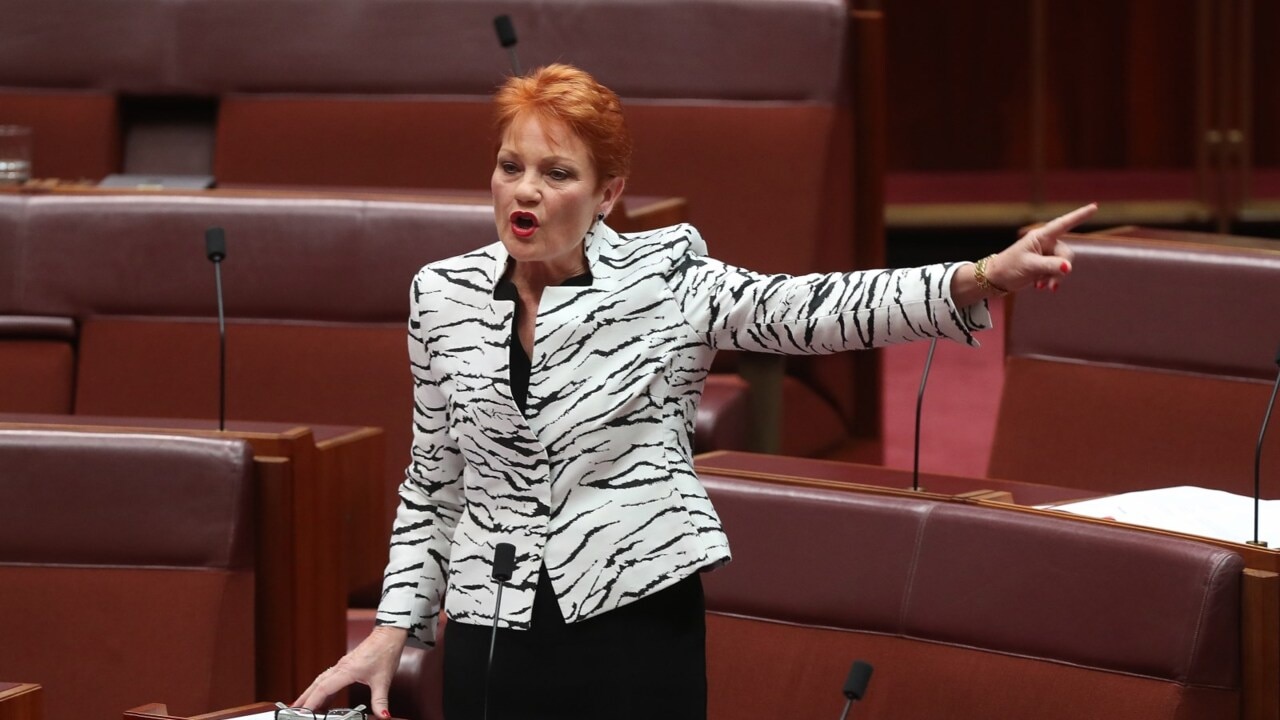
More than 100 detainees who are refusing to co-operate with deportation could also be released if ASF17 wins the case, but the government says the changes unveiled on Tuesday would be directed primarily at the 152 former detainees who were released after last year’s NZYQ High Court ruling, which overturned indefinite detention.
“The ASF17 case does show that it is important that we have these powers,” Ms O’Neil said.
“It’s not the only reason why we’re doing this though. It is very important that the Australian government move towards running a more orderly migration system.
“The power to remove people from our country is important to running a functional migration system. We had a good law before the parliament today, and the Liberals have chosen to play politics.”
A day after first being briefed on the deportation powers, which the government had wanted passed on Wednesday, the Coalition announced it would not support the bill and instead referred it to a parliamentary inquiry to be scrutinised and reported on by May 7.
The Greens and majority of the Senate crossbench sided with the Coalition, with just Labor voting against the referral.
“Today the Minister for Home Affairs is running away from scrutiny of her apparently urgent legislation to deal with the ongoing immigration detention crisis. The Minister for Home Affairs is running away from transparency about the … apparent urgent need for this legislation,” opposition home affairs spokesman James Paterson said.
“Last night in a specially convened senate hearing, the government was completely unable to answer basic questions about this legislation and the need for it. In fact, Coalition senators basically begged the government to demonstrate why it was so urgent, why it had to be rushed through the parliament in 36 hours, and they failed to do so.”
Senator Paterson said it remained unclear how many people the emergency powers would affect, how or when the government planned to use the laws, or if there were unintended consequences.
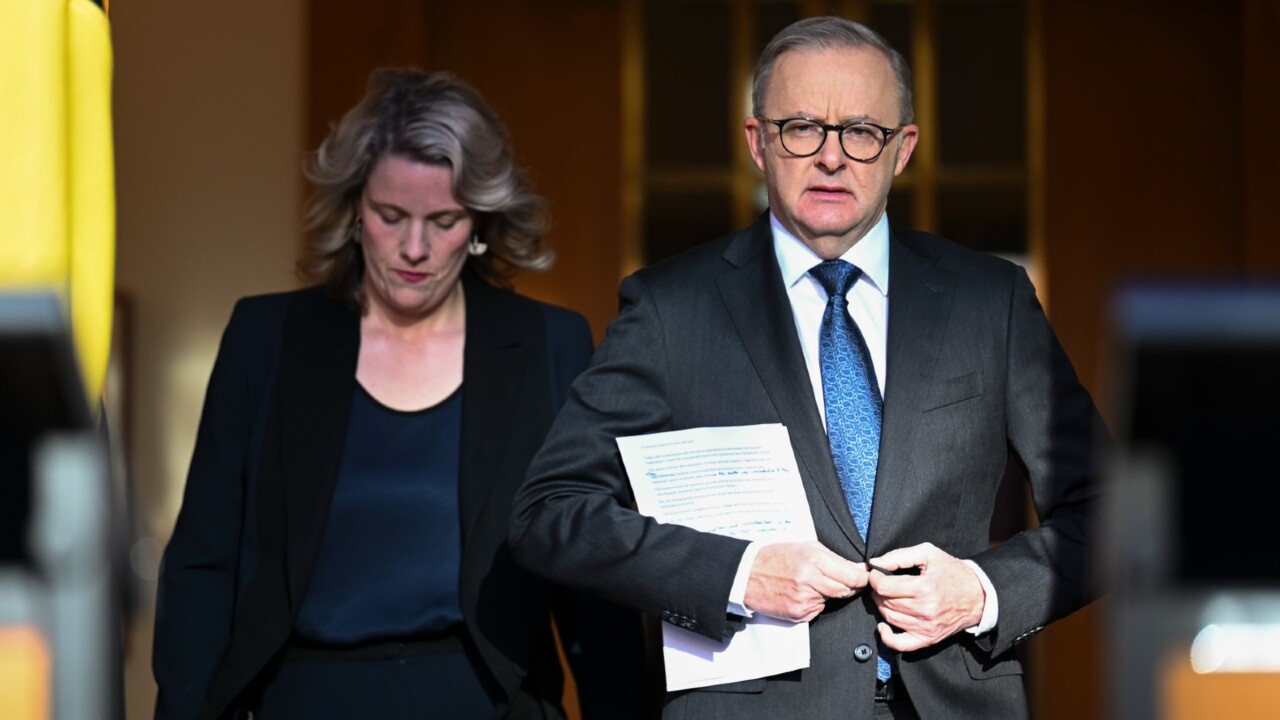
“We are very concerned about the failure to do work on third country resettlement options. We are very concerned that this might inadvertently encourage people to get back on boats again,” he said.
Coalition senators on Tuesday night attempted to establish if there was any urgency in driving the bill through parliament but Department of Home Affairs secretary Stephanie Foster and her colleagues would not answer.
Ms Foster acknowledged if the emergency powers passed, the government would be able to apply the provisions to any non-citizen who had no legal right to stay in Australia and who were frustrating their removal.
Asked if ASF17 made the amendments to the Migration Act urgent, Ms Foster said: “If the bill were passed and the case were unsuccessful, it would give us an additional tool to deal with people affected by that.”
Ms O’Neil was hounded by deputy Liberal leader Sussan Ley in question time over her alleged treatment of Ms Foster, being accused of abusing the secretary and leaving her in tears after a February meeting over Ms Foster’s written confirmation of the crimes – including murder, child sex offences and domestic violence – committed by the NZYQ cohort.
The Minister did not deny the allegations, but did “say to the deputy leader of the opposition, I enjoy a close and warm relationship with the secretary of my department.”
Ms O’Neil earlier rejected the assertion she had directed Ms Foster to delay releasing the breakdown of crimes.
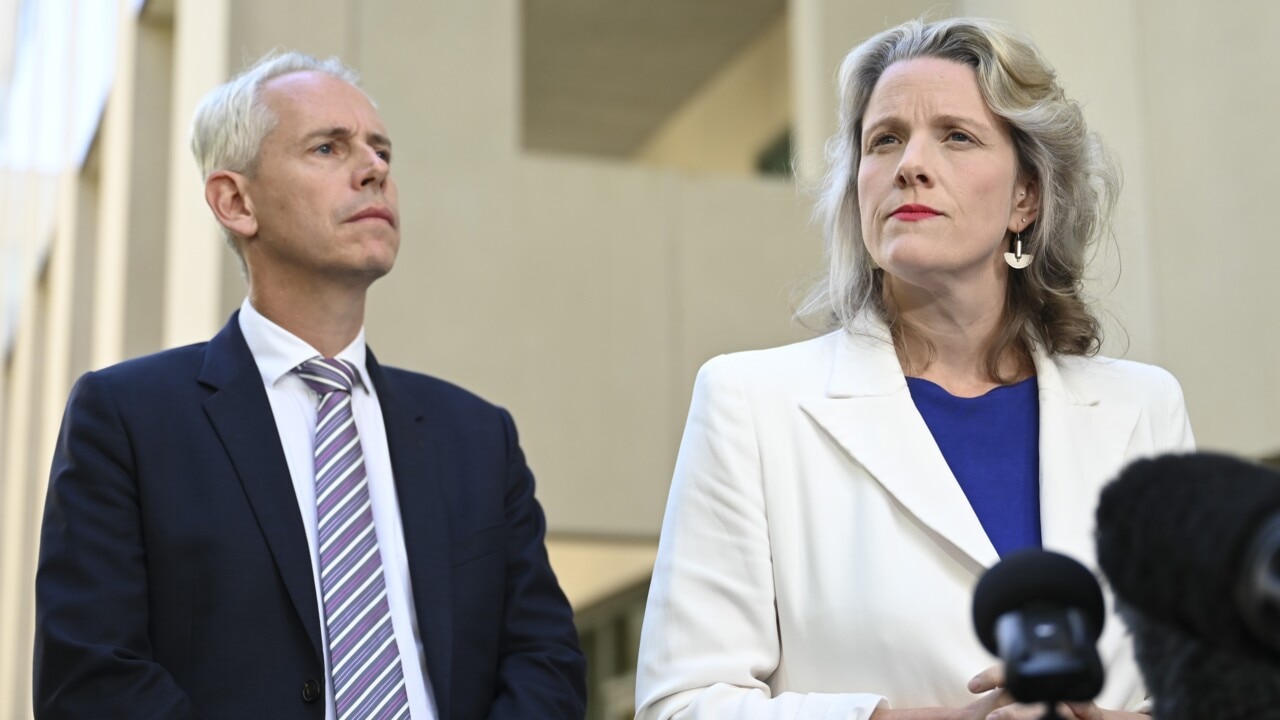
With the government failing to get on the front foot after months of chaos on detainees, opposition immigration spokesman Dan Tehan said the Coalition was willing to return to parliament in the next six weeks to push through emergency deportation powers, if the government could convince them there was an urgency.
“Absolutely. You’ve seen that we’ve done that before. We did that before Christmas, we came back and helped the government keep the Australian people safe, and we will do it again. This is something that the Coalition takes incredibly seriously,” Mr Tehan told Sky News.
Mr Giles lambasted Mr Tehan for his suggestion, saying the Senate could have voted on the laws on Wednesday night.
“Yesterday they said yes on the policy. Today they said no on the politics. This morning they said they’d vote on it in May. This afternoon they’re scrambling to recall parliament in April,” he said.


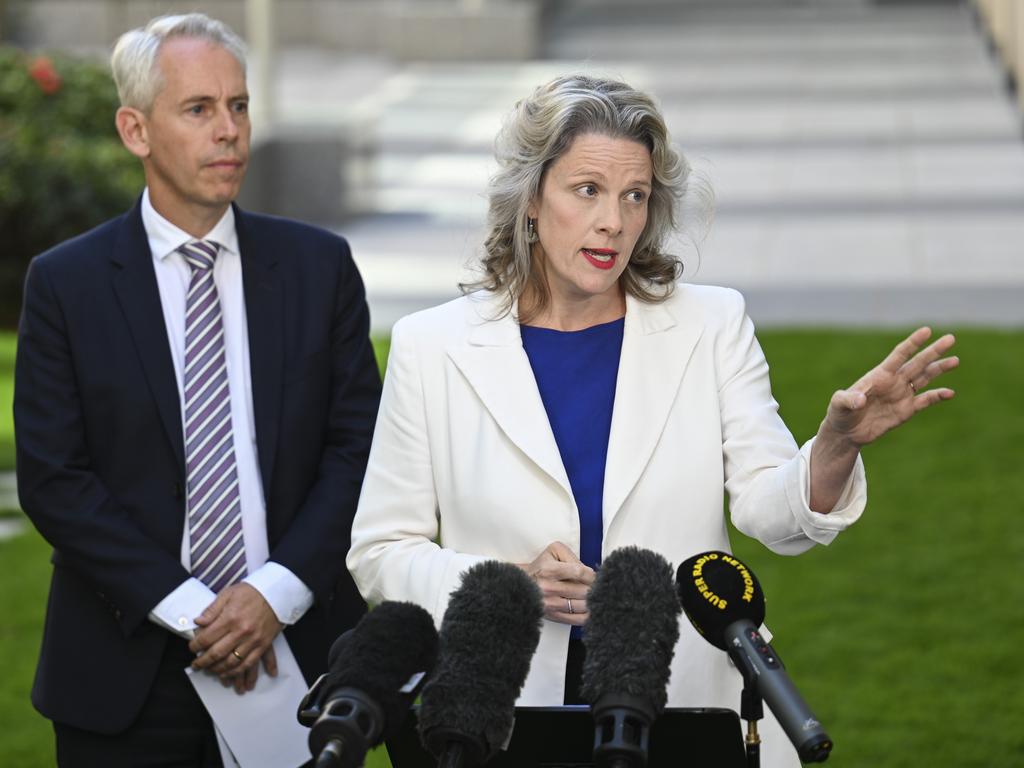


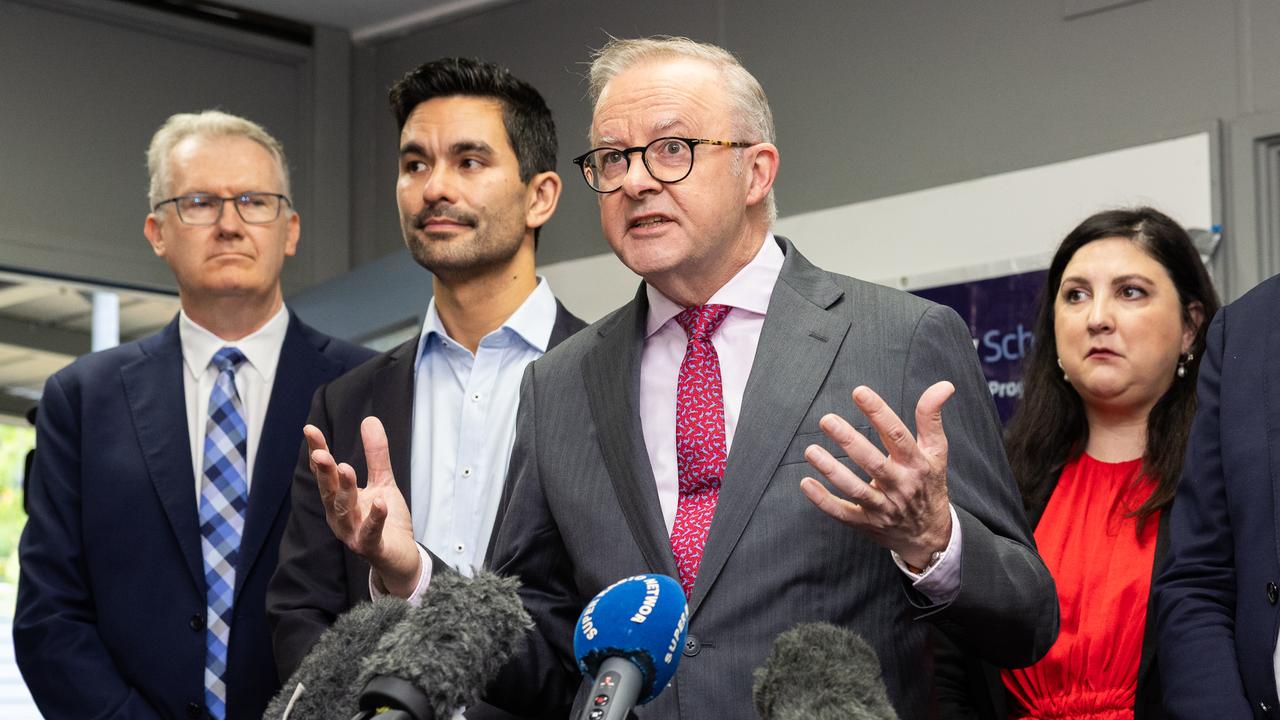

To join the conversation, please log in. Don't have an account? Register
Join the conversation, you are commenting as Logout